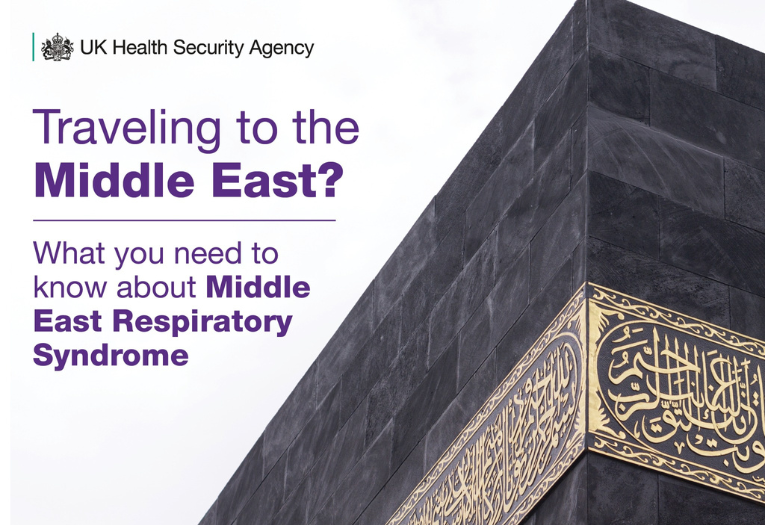Health and wellbeing
Hajj and Umrah pilgrims reminded to seek travel advice
Published on
Walsall residents travelling to Saudi Arabia for Hajj or Umrah are being reminded to seek travel advice prior to departure and to look out for symptoms of illness upon return.

The Hajj is taking place in Kingdom of Saudi Arabia from 4 to 9 June 2025. This is the annual Islamic pilgrimage to Mecca and many pilgrims from around the world are expected to travel there, including from the UK. Millions also travel to Saudi Arabia throughout the rest of the year to undertake Umrah pilgrimage.
The UK Health Security Agency advises pilgrims travelling to Saudi Arabia to ensure they are up to date with their vaccinations, including the MenACWY vaccine (for meningococcal disease), MMR (measles, mumps and rubella) and DTP (diphtheria, tetanus and polio).
Those undertaking Hajj or Umrah must have proof of their MenACWY vaccination received between 10 days and 3 to 5 years prior to arrival, depending on the type of MenACWY vaccine previously received.
Pilgrims should also take steps to look after their health in high temperatures. This includes staying hydrated, wearing appropriate footwear and protecting against heatstroke.
“ It is important anyone travelling to Hajj or Umrah are aware of the latest travel advice. This includes keeping up to date with vaccinations including the MenACWY vaccine, which is essential for travel, and taking steps to keep hydrated and wear sunscreen during hot temperatures.
Pilgrims should also ensure they remain vigilant and look out for symptoms such as sudden fever, severe headache, stiff neck or rash. If you or anyone at home becomes unwell within two weeks of returning from Saudi Arabia, contact your GP or NHS 111 and mention recent travel history, or dial 999 in an emergency. “
While abroad and in the two weeks after returning to the UK, pilgrims and travellers returning from the Kingdom of Saudi Arabia should monitor for symptoms like fever, a very bad headache, vomiting, stiff neck, rash, extreme sleepiness and seizures. Symptoms may resemble flu initially and can appear in any order but can lead to serious illness within hours. Anyone who has symptoms and becomes concerned about their own or someone else's health should seek immediate medical advice or dial 999 in an emergency.
The UK Health Security Agency is also advising pilgrims about Middle East Respiratory Syndrome coronavirus (MERS-CoV). MERS-CoV is a zoonotic virus, meaning it is transmitted between animals and people. While risk to UK travellers remains low, pilgrims should avoid consuming raw or undercooked animal products, avoid contact with camels and animal waste and practise good hygiene, particularly washing hands after visiting farms, barns or markets.
Should fever, coughing or breathing difficulties develop within two weeks of leaving Saudi Arabia, contact a GP or NHS 111, mentioning recent travel history and any contact with respiratory cases, healthcare facilities or camels during travel.
Further information on vaccinations and travel health precautions for Kingdom of Saudi Arabia (KSA) is available on the NaTHNaC’s website.
UK travel advice for Kingdom of Saudi Arabia is published on GOV.UK, with information from the Saudi Ministry of Health on health aspects of the Hajj here.